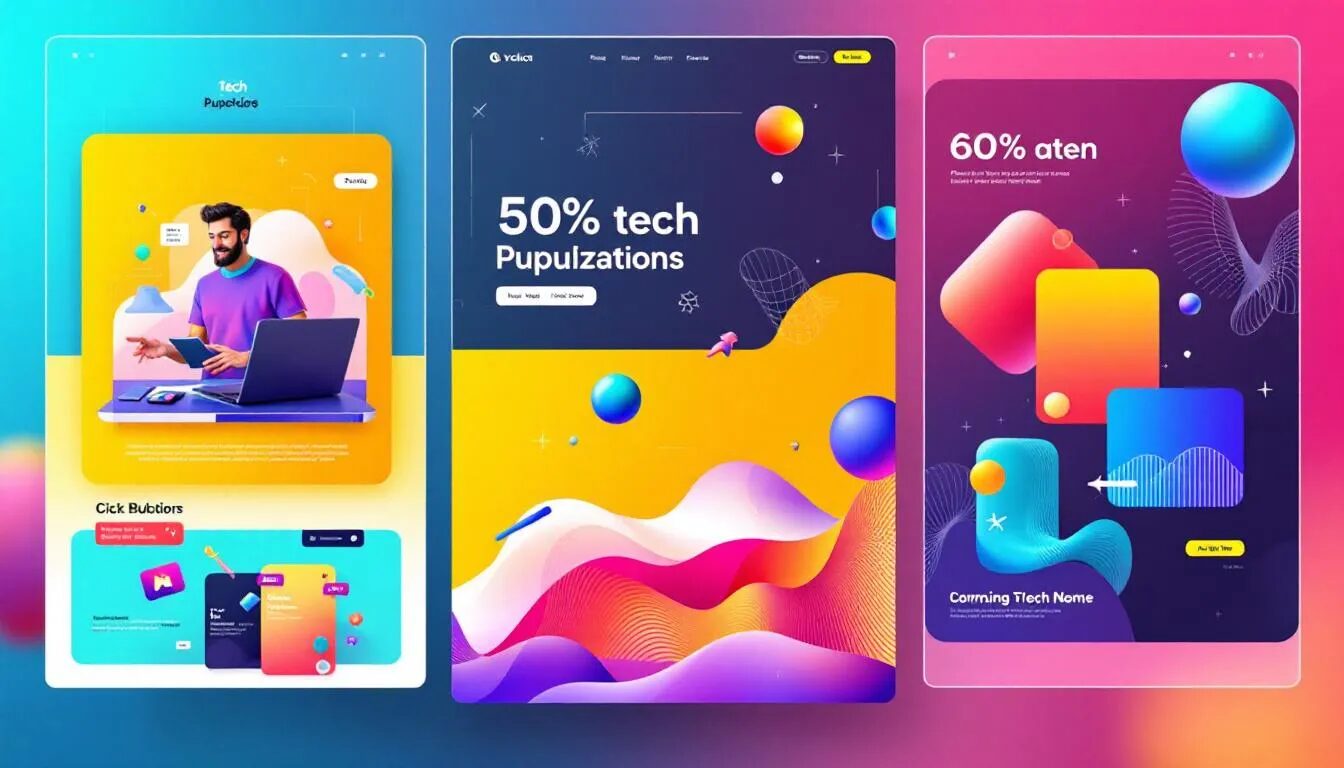
Get the Most Bang for Your Buck: Google Adwords vs. Facebook Ads
So you have a small advertising budget and are trying to figure out how to get the most bang for your buck. Should you bet your marketing dollars on Google Adwords – the search engine behemoth’s online advertising service? Or would placing a Facebook ad get you closer to your goals?
Dan Golden, chief search artist and president of Chicago-based digital marketing firm Be Found Online, believes it’s important for all businesses to have a presence on both Facebook and Google. Although many people spend their advertising dollars on both platforms, there are some distinct differences that make one option more effective in some circumstances than the other.
Audience targeting
Google Adwords are targeted based on search terms (and sometimes location, for brick and mortar businesses). This is extremely helpful for businesses that offer services that would appeal to a fairly broad demographic – a local restaurant, sports equipment, landscaping services, etc.
On the other hand, if you have a very niche business, you may have better results with Facebook, which allows you to place ads that target a very specific subset of people. For example, you can place an ad that will be viewed by a specific demographic (age, gender, location), and specific interests. You can even use an imported contact list (so people on your email list will see your ad, for example), or target people who are already connected to your business. Facebook also allows you to set a specific advertising goal. These could include website conversions, website clicks, page likes, app installs, engagement on a specific post, offer claims, or even increased attendance at events.
Golden recommends starting with Google first, because it’s demand-based. If someone is actively searching for a solution to a problem, or even looking for a brick and mortar business in their hometown, they’re much more responsive to Google ads.
Indeed, Google will help you reach a large, broad audience who is specifically looking for the solution you offer. Certain industries (especially in business to business) do well with Google ads, because the audience they’re trying to reach is actively looking for companies offering their services. However, the possibility remains that not that many people are looking for you or your offer. They might be interested in your product or service but not actively searching for it. Perhaps they don’t even know it exists. In that case, Facebook may be a better option.
“People spend more time on Facebook than they do searching on Google, so it gives us more time to reinforce what the call to action is multiple times to that person on Facebook,” says Golden. This helps you get ‘found,’ so to speak.
Whether you put the bulk of your marketing budget into Google, Facebook or some combination, Golden has the following tips for you and your business.
- Be specific. Whether you’re determining search terms for Google ads or keywords on Facebook, “be very specific in terms of who you’re targeting and where you’re targeting,” he says. Make sure you know who it is you’d like to reach. For Facebook, read through all of the targeting options. For Google, spend some time doing keyword research. “They do have a keyword planner tool that’s pretty good about giving you ideas, and it gives you a lot of insight into what people are actually looking for. Also, look at that in terms of keywords that are similar but not as relevant.”
- Being specific also means you’ll avoid this rookie mistake: putting a lot of different terms in one campaign or ad group, even if you’re targeting far different groups of people for each term. “You want to speak to each audience differently, so the ads are highly relevant,” says Golden. If you sell air conditioning, also do heating and fix insulation, don’t put all those terms in one Google ad. Create separate ads for each service. On Facebook, different services might reach different demographics. For example, if you are selling two different products for different age groups (or genders), it’s best to create a Facebook ad for one group (or one for each group, targeted specifically for them) than an ad with both offers targeting a wider audience.
- Start with a small test budget of just a few hundred dollars, Golden recommends. Google has a budget estimator, and Facebook has an audience tool that will tell you how many people fit the criteria you set. Make sure you know your objective (subscribers, downloads, sale, etc.) and track them in Google Analytics. “You need to have clear objectives before you go spending money. Otherwise you’re going to spend a thousand bucks and not know if it’s working or not,” Golden warns. Use your conversion rate to determine what you think your monthly ad budget should be.
- If you’re placing ads and nothing’s working, don’t give up. Try to figure out what the problem is. Look at your bounce rates and targeting, and if the page you’re sending people to is built to convert. Make tweaks as necessary and try again, if needed.
- Don’t forget the possibility of highly customized ads. Facebook Exchange allows you to specifically target people who have been to your website. “If they browse a certain t-shirt pattern on your site you can place an ad which shows up in their news feed, with the exact product they were looking for on your site,” says Golden.
Are you using Google Adwords, Facebook ads or both? Which is more successful for you? Share with us!
This post contributed by guest author, Yael Grauer. Grauer is a Minneapolis-based freelance writer and editor. Find her online at Yaelwrites.com.
Want more marketing tips and tactics? Sign up for the free VR Buzz.
© 2014 – 2018, Contributing Author. All rights reserved.



